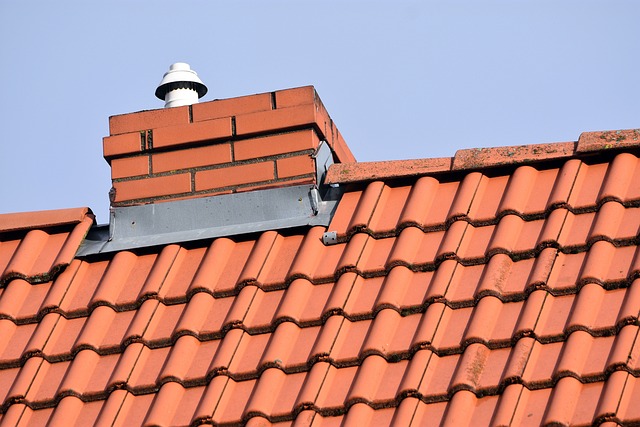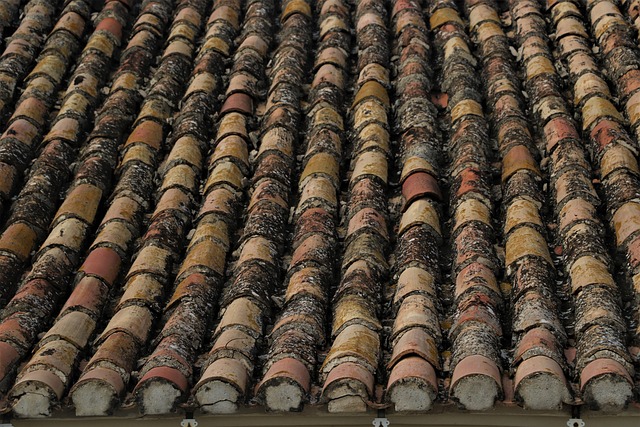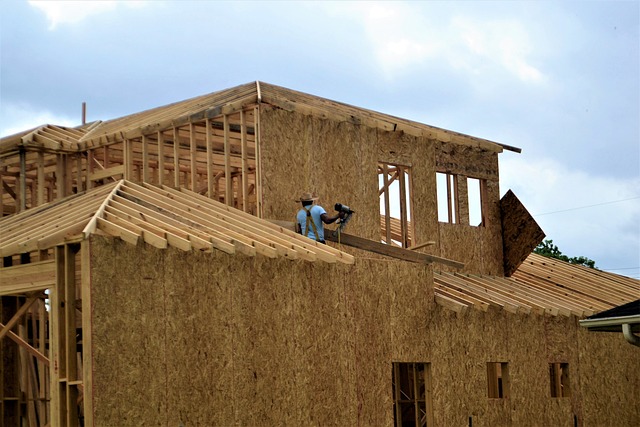Compliance with building codes and industry standards is paramount for Dallas roofing companies to ensure structural integrity, reduce maintenance costs, prevent safety hazards, and meet insurance requirements. They achieve this through rigorous research, continuous professional development, collaboration with local authorities, staying updated on evolving codes, and clear communication with stakeholders, avoiding delays and project failures.
In Dallas, ensuring your roofing project adheres to building codes and industry standards is paramount. This comprehensive guide delves into the intricate world of roofing regulations in the region, highlighting why compliance is crucial for a safe and durable roof. We explore the specific requirements, the role of Dallas roofing companies in meeting these standards, and common challenges faced. Furthermore, we provide best practices to navigate this process seamlessly, empowering both homeowners and contractors alike.
- Understanding Building Codes and Industry Standards for Roofings in Dallas
- The Importance of Compliance: Why It Matters for Your Roofing Project
- How Dallas Roofing Companies Ensure Adherence to Regulations
- Common Challenges in Meeting Building Code Requirements
- Best Practices for Maintaining Compliance Throughout Your Roofing Project
Understanding Building Codes and Industry Standards for Roofings in Dallas

In Dallas, understanding building codes and industry standards for roofing is paramount for any dallas roofing company aiming to deliver high-quality, safe, and durable installations. Local building codes govern aspects like material selection, structural integrity, and safety features, ensuring buildings meet minimum requirements for protection against environmental hazards. Adherence to these codes not only guarantees the safety of occupants but also helps avoid future issues that could lead to costly repairs or even legal consequences.
Industry standards complement building codes by providing best practices and guidelines specific to roofing materials, techniques, and technologies. These standards evolve with advancements in the industry, incorporating new, innovative solutions while maintaining traditional methods proven over time. For a dallas roofing company, staying abreast of these changes ensures they offer cutting-edge services that meet both current and future expectations for quality and performance.
The Importance of Compliance: Why It Matters for Your Roofing Project

Compliance with building codes and industry standards is paramount for any roofing project, especially when you consider the significant impact that a roof has on your home or commercial property. For a Dallas roofing company, adhering to these guidelines isn’t just a best practice—it’s a necessity. Non-compliance can lead to structural weaknesses, increased maintenance costs, and even safety hazards down the line.
By ensuring every project meets the required standards, you protect your investment, enhance the longevity of your roof, and mitigate potential risks. Moreover, many insurance policies require compliance as a condition for coverage, offering an extra layer of security. For any Dallas roofing company looking to deliver top-quality work that stands the test of time, prioritizing compliance is the smart choice.
How Dallas Roofing Companies Ensure Adherence to Regulations

Dallas roofing companies take their responsibility to ensure adherence to regulations very seriously. Before beginning any project, they conduct thorough research and analysis to understand and interpret local building codes, industry standards, and safety protocols. This meticulous process involves studying structural blueprints, assessing site-specific challenges, and identifying potential risks. By doing so, they can design and implement safe, efficient, and code-compliant roofing solutions.
Expertise in navigating regulations is a defining characteristic of reputable Dallas roofing companies. They stay up-to-date with the latest code revisions and industry trends through continuous professional development programs. This ensures that their work not only meets current standards but also sets a benchmark for future projects. Moreover, they collaborate closely with local authorities and building inspectors to obtain necessary permits, ensuring all aspects of the project are approved and compliant before construction begins.
Common Challenges in Meeting Building Code Requirements

Roofing projects, especially in a dynamic market like Dallas, come with unique challenges when it comes to adhering to building codes and industry standards. One of the primary hurdles is staying updated with the ever-evolving local building regulations that can vary from neighborhood to neighborhood. A Dallas roofing company must be adept at navigating these nuanced rules to ensure every project complies without delay.
Another common challenge lies in interpreting complex code requirements accurately. This often involves understanding not just the letter of the law but also its spirit, especially when dealing with new or unique building materials and designs. Effective communication between the roofing contractors, architects, and building inspectors is crucial to avoid misunderstandings that could lead to costly delays or project failures.
Best Practices for Maintaining Compliance Throughout Your Roofing Project

Maintaining compliance with building codes and industry standards is paramount for any roofing project, ensuring the safety and durability of your property. At a Dallas roofing company, we implement best practices to guarantee adherence throughout every stage. First, stay informed about the latest code updates and regulations specific to your region. Regularly consult with local authorities and building inspectors to confirm compliance.
Second, employ only licensed and experienced contractors who understand these codes intimately. Utilize high-quality materials that meet industry standards, as they offer superior performance and longevity. Keep detailed records of all project aspects, including inspections, permits, and material specifications. This documentation not only facilitates compliance but also serves as a valuable reference for future maintenance or renovations.
